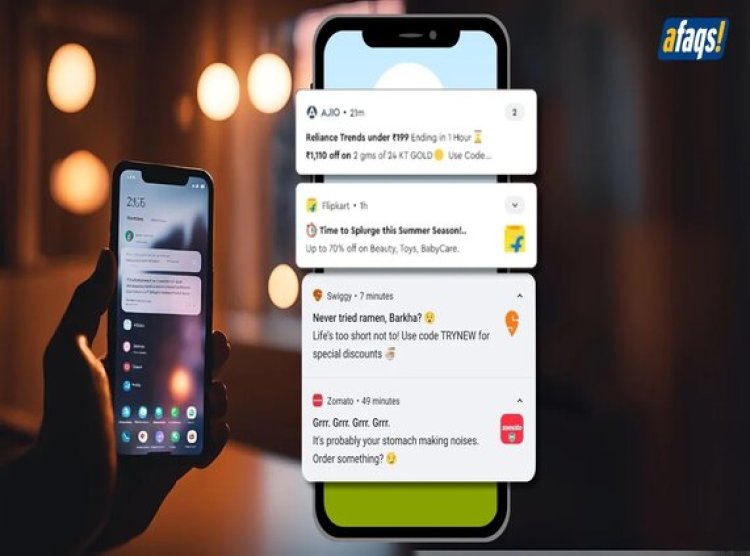Revolutionizing Customer Experience: The Rise of Conversational Marketing & AI
Discover how conversational marketing, powered by AI, is transforming customer experience with personalized, two-way interactions that boost engagement, loyalty, and ROI for modern brands.

Customer Experience (CX) is the ultimate competitive differentiator in today’s marketplace, encompassing the entire journey a customer takes with your brand—from their first interaction to post-purchase follow-ups. Every interaction counts, whether it’s the speed of your website, the tone of your customer service, the unboxing experience, or the follow-up communication.
In today’s world, customers expect more than just a product—they crave experiences, personalized interactions, and meaningful relationships with brands. This shift has given rise to conversational marketing, an innovative approach to customer engagement that leverages two-way communication technologies across multiple digital channels. Tools like AI-driven chatbots, WhatsApp messaging, push notifications, and interactive customer support systems are used to connect with customers in real-time, providing personalized service and fostering stronger relationships.
Experts agree that conversational marketing is crucial not only for retaining customers but also for driving repeat purchases. According to Vartika Verma, Senior Director of Global Marketing at Gupshup, a leading conversational marketing platform, “Customers increasingly prefer two-way communication over one-way messages. Conversations need to be meaningful, respectful, and valuable to the customer.”
The modern CX landscape blends advanced technologies with elevated customer expectations. Santosh Gannavarapu, Chief Growth Officer at CXM India (Dentsu Aegis Network), notes that conversational marketing is central to building long-term customer relationships. “Engaging customers at the right moment with the right message—based on their unique journey—is essential. Human-based systems can be error-prone, but data platforms can streamline these interactions.”
As customer touchpoints grow, so does the need for more integrated approaches. Jacob Joseph, VP of Data Science at CleverTap, explains how AI and omnichannel strategies have transformed conversational marketing: "What began as basic chatbots has evolved into real-time, sophisticated interactions powered by AI that understand intent, context, and sentiment."
These technological advancements enable hyper-personalized engagement at scale, allowing brands to solve problems, offer tailored recommendations, and nurture customer loyalty more effectively than ever before. McKinsey’s research shows that personalized interactions can reduce customer acquisition costs by 50% and boost revenues by 5-15%.
Personalization at scale is now a competitive advantage. Brands are blending AI with human interactions to offer a seamless experience. Shan Jain, an independent brand strategist, emphasizes the transformative power of conversational marketing: "It's not just about efficiency (bots); it’s about empathy (humans). Take Amazon, for example: their AIpredicts customer needs, while human agents provide personal assistance. This blend fosters customer loyalty and improves ROI.”
Today’s customer journey is more complex, with individuals interacting with brands across an average of 29 touchpointsbefore making a purchase. Gannavarapu highlights that integrating platforms like Adobe, Salesforce, and Moengageallows brands to centralize decision-making and ensure consistent experiences across all channels.
Real-world success stories showcase the effectiveness of conversational marketing. For instance, Wow! Momo saw 40% of their business come from repeat orders by using WhatsApp for personalized communication and recommendations. Gupshup’s Vartika Verma adds, “Brands using Conversational Commerce see a 24% increase in upsell and cross-sell revenue and 60% faster query resolution with AI+Human support.”
Looking ahead, predictive analytics, immersive technologies like augmented and virtual reality, and multilingual support will continue to shape the future of conversational marketing. These advancements will further enhance brand-customer interactions, making them more personalized and engaging.
Conversational marketing has evolved from a technological novelty to a strategic imperative. Brands that prioritize meaningful, contextual interactions will transform transactions into long-term customer relationships, driving sustained growth and loyalty.

 sheetal
sheetal 










